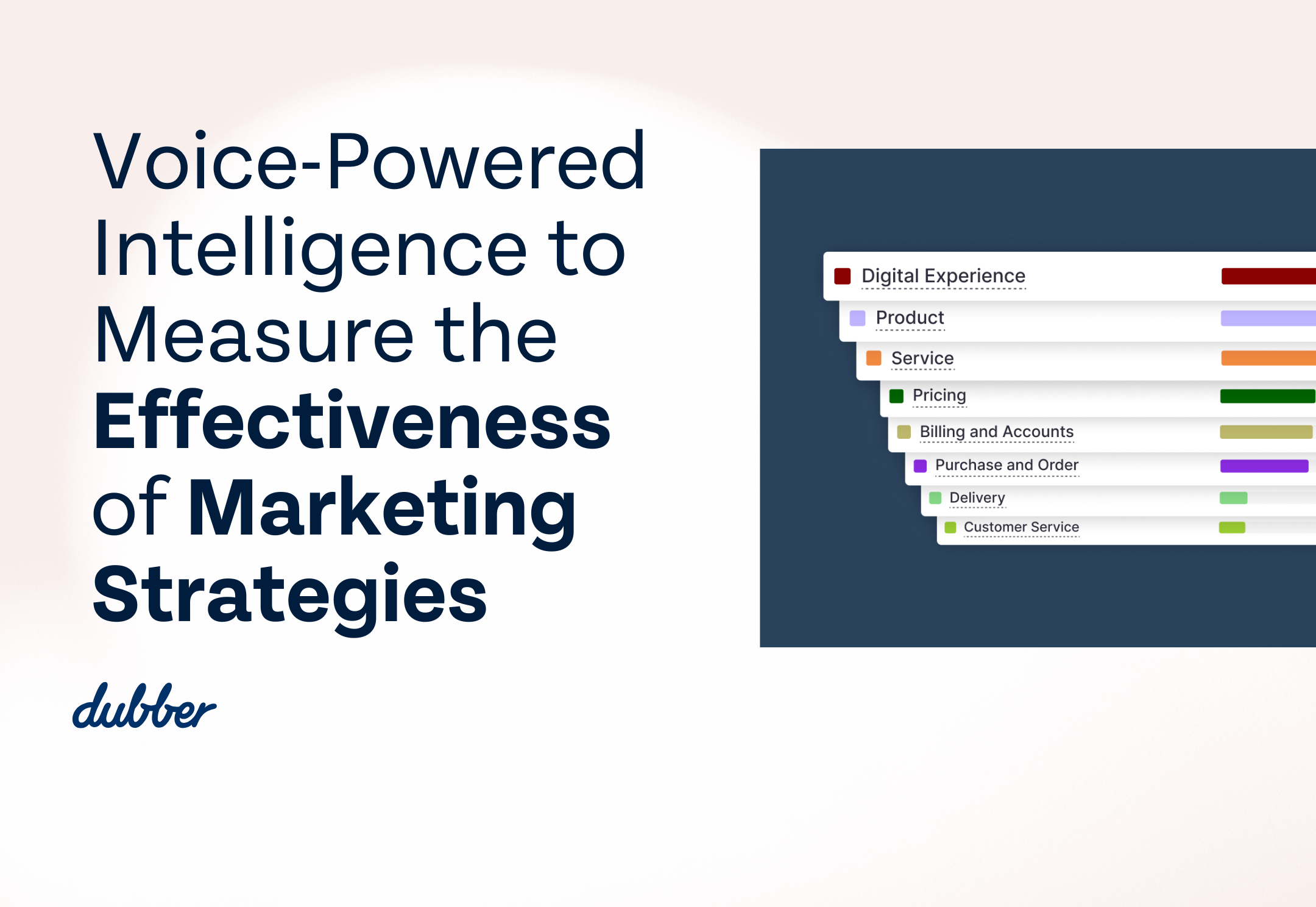
Virtual oversight can help with new internal dispute resolution RG 271 requirements
Virtual oversight can help finance companies preparing for the Australian Securities and Investments Commission’s Regulatory Guide 271 which comes into effect on October 5.
RG 271 explains what finance companies must do to create an internal dispute resolution system that ticks all the regulatory boxes. It is part of a suite of regulatory changes happening in October. Elsewhere we look at Anti-Hawking regulations.
What are the requirements?
DLA Piper partner Sophie Devitt says the new rules aim to see that every customer of the financial services industry is able to get “fair, timely and effective dispute resolution”. This covers consumers and small businesses.
“Part of this means capturing any expression of dissatisfaction from customers where there is a reasonable expectation that a response or resolution is expected.”.
There’s no need to trawl the internet for evidence of dissatisfaction. Yet there is an expectation that should something show up on a company’s Twitter feed or Facebook page then the company will respond to the complaint.
Likewise, if a company representative hears a verbal complaint, that also has to be acknowledged and given a response.
The company needs to let the complainer know staff have registered their grievance and will get back with a formal response. The idea is that the incoming communications channel is the best outgoing channel, so a complaint voiced on, say Facebook will get a notification on Facebook.
Devitt says dealing with disputes can get challenging with the required timeframes and the manner in which the complaint arrives. A complaint has to be documented and acknowledged within 24 hours, and in most cases, a substantive response is needed in 30 days. This can be challenging when complaints are received by staff who are not sitting behind desks, say, an insurance assessor working in the field.
Demonstrate compliance
Devitt says the industry has had more than 12 months to prepare. Which means by now their plans are likely to be well advanced.
She says; “They need to think about how they can meet their obligations. It means putting the right structures in place, setting up internal processes and deciding on the frequency of reviewing the processes. There is a reporting requirement.”
“You have to demonstrate to the regulator through your reporting and data collection how you are going to comply. Producing the data is now a significant element of compliance.’
Speed and clarity is the essence
The key is getting the complaint into the system as fast as possible, wherever it comes from. And then making sure the key people are alerted immediately.
Data collection is essential. Companies need to classify complaints for later analysis to help identify problem areas, it could be the customer service department or the nature of transactions.
‘Expression of dissatisfaction’ is a broad term. Devitt says lawyers are working with clients on how to do this; a good starting place would be to look at customer expectations and whether they are being met. This can also mean work for companies on setting those expectations.
Call recording, AI – a digital backstop
All of this puts obligations on teams to monitor every customer interaction across every channel. Virtual oversight is using unified call recording and AI technology to provide an extra layer of support to teams looking for potential complaints.
There’s always a possibility companies will miss ‘expressions of dissatisfaction, especially during conversations. For companies using modern call recording technologies, AI has the potential to scan calls looking for, say, a tone of voice or keywords. It can then point out potential problems.
Unified call recording and AI technologies can also automatically alert the right people when a customer is unhappy. It can feed that data into existing IDR processes and workflows to ensure fast responses. Conversational data can also be integrated into reporting data sets – vital to meet ASIC’s expectations on data.
Sophie Devitt is a partner with DLA Piper. She works from the global law firm’s Brisbane office and specializes in insurance regulatory law, which has wider application across the entire finance sector.

